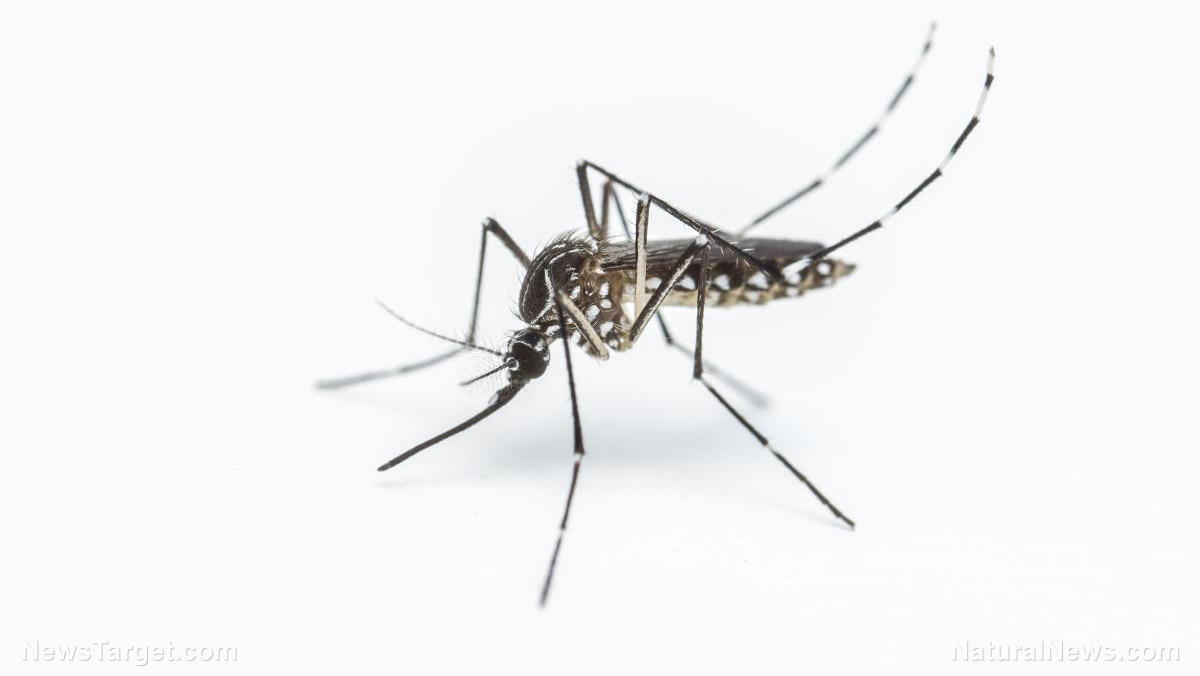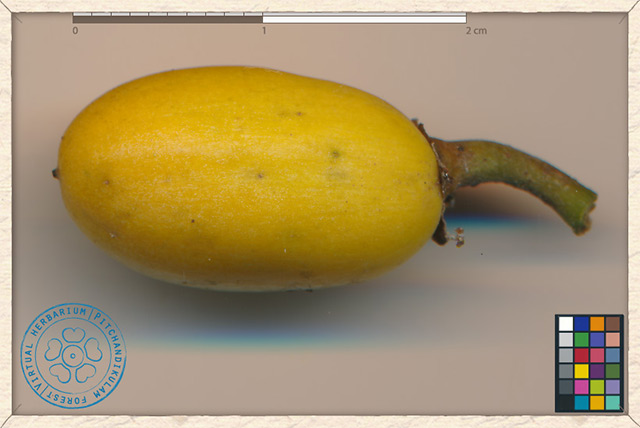Mosquitoes can remember individual human smells and behaviors
02/11/2018 / By Ralph Flores

Researchers from Virginia Tech have discovered that mosquitoes can learn the scents of their hosts –an ability they attributed to dopamine. The study, which was published in the journal Current Biology, showed this effect also applies to adverse events, such as when the smell results in an unpleasant sensation, which causes them to avoid it in the future.
- For the study, the team trained female Aedes aegypti mosquitoes in an “aversion training device” — a mechanism designed to stimulate defensive behaviors through shocks and vibrations. Researchers also placed an odorant in the device so that the mosquitoes can pick up the scent during this period.
- A day after being subjected to aversion training, the mosquitoes were then placed in a Y-maze olfactometer to test their behavior response. The insects were made to fly upwind and choose a path after arriving at a junction — one track contained the odorant used inside the aversion training device, while the other one had a solvent which was used for control.
- The mosquitoes avoided the odor used in training, which indicated that they have learned the association between the scent and the mechanical shock and flew away from it.
- The team also looked at how aversive learning in mosquitoes played a factor during feeding. A group of mosquitoes was trained using the aversion training device, then released into an area that contained two artificial feeders with heparinize bovine blood at 37 degrees Celsius; one feeder was scented with octenol, while the other served as the control. While researchers found that mosquitoes may steer clear from the feeder containing octenol, other factors such as heat or water vapor may cancel out the training.
- The tests were also conducted with mosquitoes that did not undergo aversion training, and with those that had their dopamine gene deleted. This bolstered the team’s hypothesis that the chemical is part of the learning process of the insects.
Researchers explained that understanding the findings will enable future studies to target the insects’ ability to learn and potentially use it to prevent vector-borne diseases such as Zika fever and yellow fever.
Find the full text of the study at this link.
Journal Reference:
Vinauger CCA, Lahondère C, Wolff GH, Locke LT, Liaw JE, Parrish JZ, Akbari OS, Dickinson MH, Riffell JA. MODULATION OF HOST LEARNING IN AEDES AEGYPTI MOSQUITOES. Current Biology. 2018;28(3). DOI: doi.org/10.1016/j.cub.2017.12.015
Tagged Under: aedes aegypti, aversive conditioning, disease vector, dopamine, mosquito, neuromodulation, olfactory learning, weird science




















